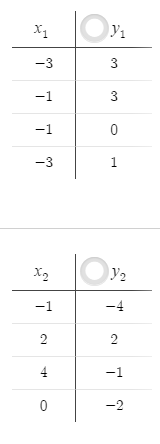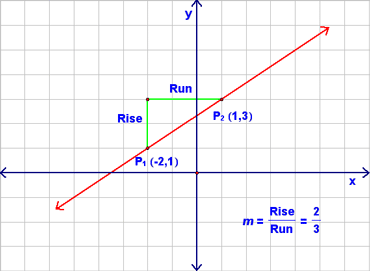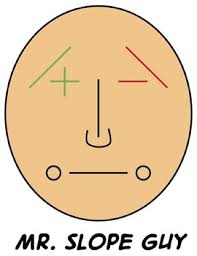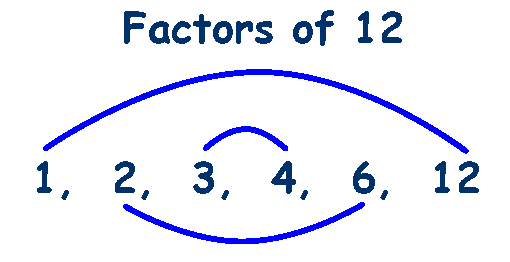THE 5 MOST FUN THINGS IN GR.10
This is the last blog post I will be doing for Math 10 and it hurts me to say that. This year I loved Math. Every Unit was challenging and I  think it was a big step up from grade 9. At the beginning of the year I wanted a challenge and I for sure got one. Math 10 is very important. The next two years are going to build off of what I learned this year so it’s important to know what you need to work on for the following years. I am going to state the 5 most important things I think were the most enjoyable this year.
think it was a big step up from grade 9. At the beginning of the year I wanted a challenge and I for sure got one. Math 10 is very important. The next two years are going to build off of what I learned this year so it’s important to know what you need to work on for the following years. I am going to state the 5 most important things I think were the most enjoyable this year.
- DO YOUR HOMEWORK-
 This may not be fun… But it is Super important. And yes, I still need to work on getting better at this, but it is the most important thing for any class. You need to start making good work habits ASAP.
This may not be fun… But it is Super important. And yes, I still need to work on getting better at this, but it is the most important thing for any class. You need to start making good work habits ASAP. - The second favorite part for me was doing SYSTEMS OF LINEAR EQUATIONS. I just loved how i could feel so confident in my answer because I could verify. I loved understanding how an equation could work and how I could get answers i never thought I could. I knew more about an equation than I thought.

- The third thing is TRIGONOMETRY. It was by far the easiest unit for me. It was a little bit tricky in some parts but for the most part it was easy. If you pay attention you do great.
- Number four was FACTORING AND POLYNOMIAL EXPRESSIONS. This one was my favorite because I got an incredible mark on my test that I was not expecting. I was just really proud of myself.

- The last thing on my list was THE PEOPLE IN MY MATH CLASS. I could have not asked for a better math 10 class. Everyone was so kind. It was so much fun when everyone took the projects we did seriously. I loved when I could teach someone something and they could teach me something. I just loved hoe everyone contributed so well.
Math 10 was amazing for me and I would do it again. A big Thank You goes out to the greatest math teacher I’ve had in a long time. Mrs. Burton, thank you for teaching me so much and making it fun. I was a little nervous because I heard from other people it was going to be hard but you helped me get my way through it. 🙂
 Khan Academy: http://www.khanacademy.org Desmos: http://www.desmos.com/ IXL: https://ca.ixl.com/?partner=bing&adGroup=IXL+-+General&campaign=1456&utm_source=bing&utm_medium=cpc&utm_campaign=Search+-+IXL+-+Branded+-+International+-+Int+-+Phrase&utm_term=ixl&utm_content=IXL+-+General
Khan Academy: http://www.khanacademy.org Desmos: http://www.desmos.com/ IXL: https://ca.ixl.com/?partner=bing&adGroup=IXL+-+General&campaign=1456&utm_source=bing&utm_medium=cpc&utm_campaign=Search+-+IXL+-+Branded+-+International+-+Int+-+Phrase&utm_term=ixl&utm_content=IXL+-+General




























